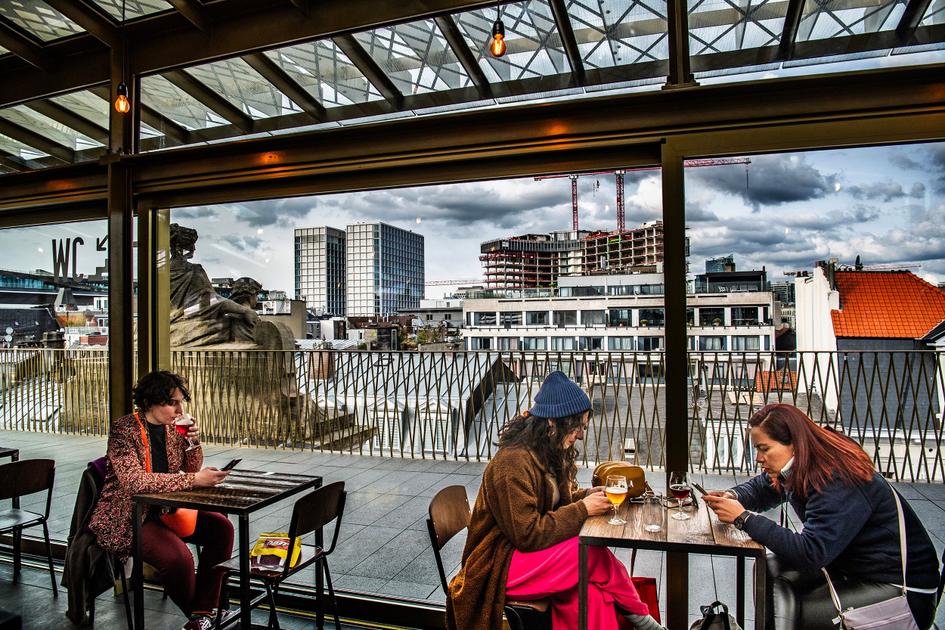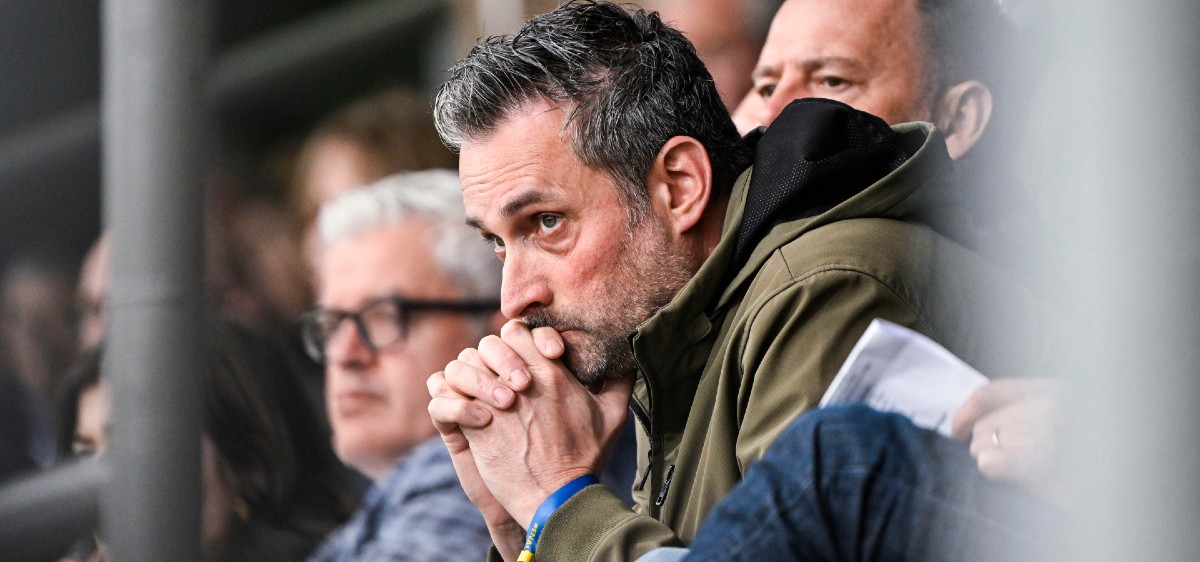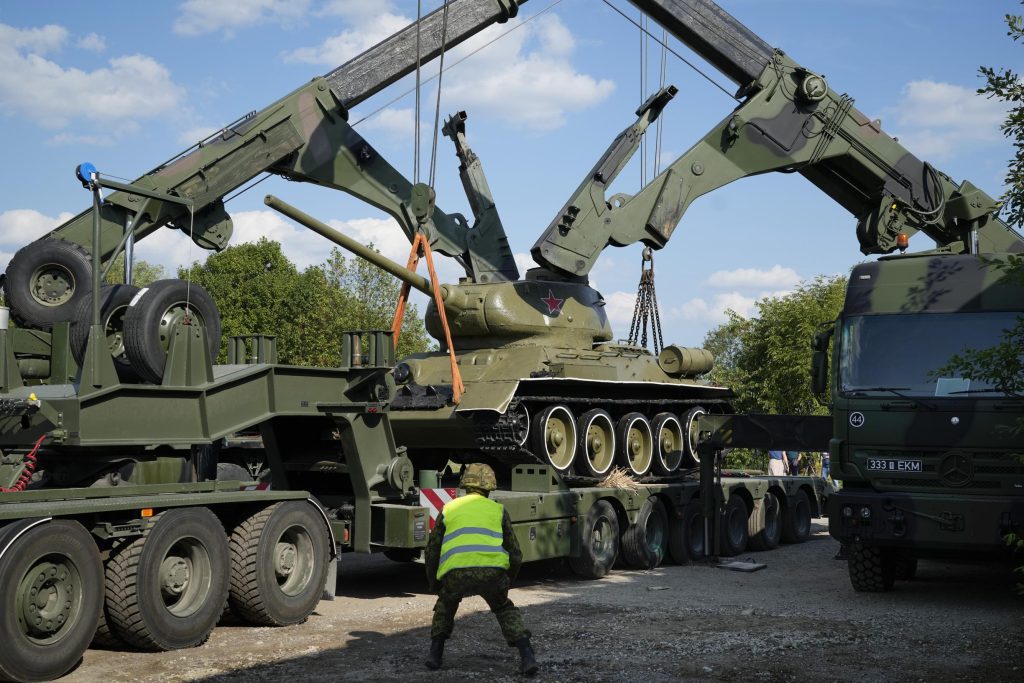Relics from the period when Estonia was part of the Soviet Union will disappear from the city of Narva. They are divisive in a city with a large Russian population.
Although the Department of Antiquities is a local competence in Estonia, it was Prime Minister Kaja Kallas who stated that Soviet-era antiquities would disappear from the streets of Narva. The local government has long been skeptical about this issue and has failed to solve the problem. Therefore, the national level took matters into their own hands.
With just over 50,000 residents, Narva is the third largest city in the country. More than 80 percent of the population is of Russian descent. The city is located next to Russia’s Ivangorod. The Friendship Bridge connects the two cities.
Estonia has long feared that the Kremlin wants to tighten its grip on the Russians on its territory. “No one wants a hostile neighbor to cause tension in our country,” Kallas said, explaining that the issue goes beyond the local level. In 2007, riots broke out with young Russian-speaking people when a monument in honor of the Red Army disappeared from the capital, Tallinn.
Up to 400 monuments
The monument that sparked discussion was a Russian T-34 tank. He has not been standing prominently on a roadside pedestal since this morning, but is now on his way to a war museum near Tallinn. The memorial stones for war victims will also become “neutral”. By the end of the year, two hundred to four hundred monuments will disappear from the streets of Estonia, as promised by the government.
Photo: ap
Russia is angry at the decision of the Estonians. The Russians consider it an insult to the Soviet fighters who liberated their country from the Nazis. After the Nazi occupation, the Baltic state was incorporated into the Soviet Union and became independent in 1991. Estonia later joined NATO and is now known as a country that took a hard line against Moscow.
Estonia previously launched a call along with neighboring Finland to significantly reduce the number of visas to Europe for Russians. Finland put a number on that day: the country wants to reduce the number of visas issued to ten percent of the current number. Both countries are urging other EU member states to rein in visas. The Estonian prime minister said visiting Europe is a privilege and not a human right.

“Creator. Award-winning problem solver. Music evangelist. Incurable introvert.”







More Stories
The zebra finch, which hears the sounds of cars and motorcycles in the egg, still experiences this as an adult
An official ceremony for Crown Prince Moulay El Hassan (photos)
Ten dead after a helicopter collision – in the sky